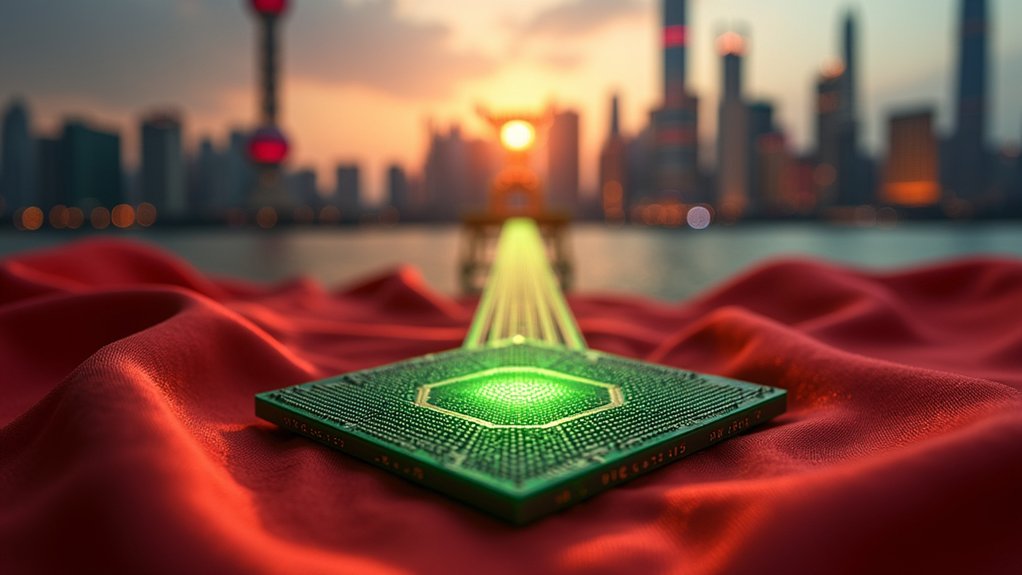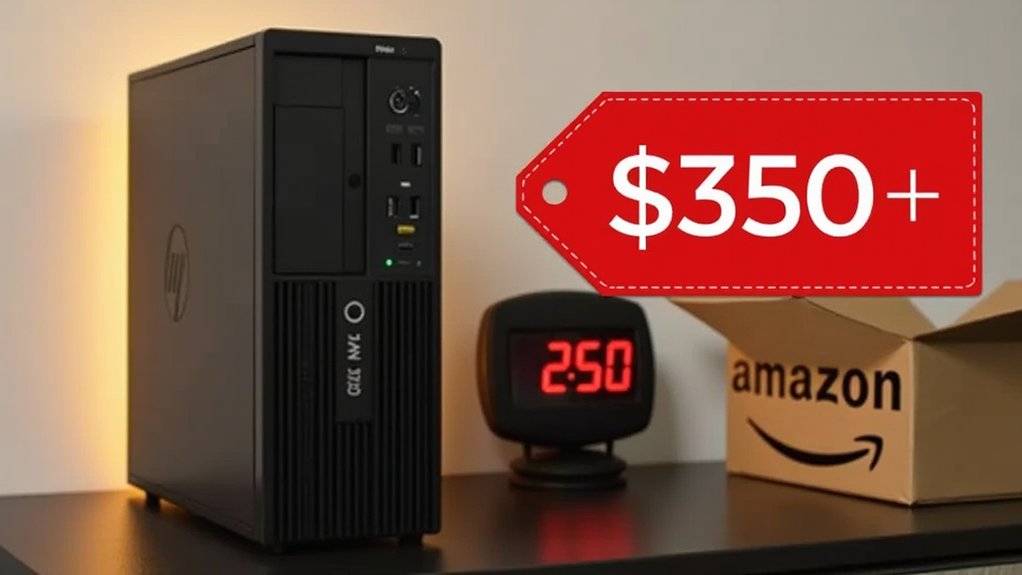Though Nvidia has built a three-decade relationship with China, the tech giant now finds itself caught in the crossfire of escalating U.S.-China tensions. CEO Jensen Huang hasn’t minced words about China’s importance, calling it a “very important” and “key market” where they’ve achieved “mutual success” for 30 years. The numbers back him up.
China and Hong Kong generated $17.11 billion in revenue for Nvidia in fiscal year 2025. That’s about 13-14% of their total haul. Not small change. Some analysts suggest the real number might be over one-third when you count chips flowing through places like Singapore. Either way, it’s a big slice of Nvidia’s pie.
China represents over $17 billion in yearly revenue for Nvidia—a massive slice of business they can’t afford to lose.
But Uncle Sam has other ideas. The U.S. government keeps tightening export controls on advanced AI chips, worried about military applications. Latest rules? Export licenses required indefinitely for H20 chips. Ouch.
The financial hit is real. Nvidia expects a $5.5 billion charge in Q1 FY2026 related to H20 inventory and commitments. Wall Street noticed, trimming revenue projections by 8-9%. The stock price took a hit too. Surprise, surprise.
Nvidia’s been scrambling to adapt. They’ve created watered-down chips specifically for China – first the A800/H800, then the H20, L20, and L2 when regulations tightened again. Chinese tech giants like Tencent and Alibaba snatched them up anyway, reportedly placing orders worth $16+ billion.
Huang isn’t giving up on China. He flew to Beijing right after the new H20 restrictions were announced, meeting with government officials and clients. His message was clear: China matters to Nvidia. In a significant meeting, Huang met with Ren Hongbin, chairman of the China Council for the Promotion of International Trade.
The dance continues. Nvidia tries to comply with U.S. rules while keeping Chinese customers happy. Nvidia shares dropped 6.9 percent immediately following the announcement of the new export restrictions. It’s a high-stakes balancing act. Three decades of relationship-building versus geopolitical reality. For Nvidia, that’s the name of the game now.




